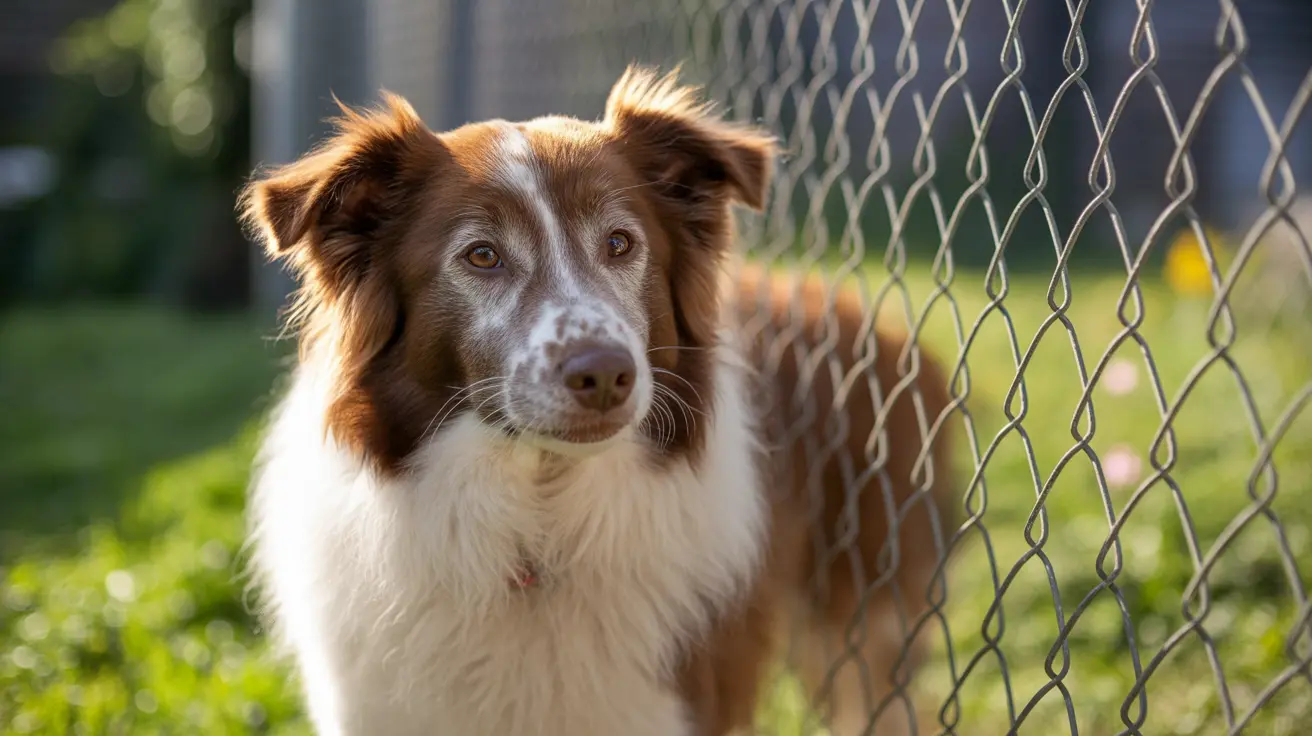The Most Naturally Aggressive Dog Breed: Understanding Canine Temperament
When discussing dog breeds and their temperaments, one commonly asked question is: what is the most naturally aggressive dog? While many dogs display aggression due to training, environment, or individual personality rather than breed alone, genetic traits still play a role. Research and expert opinion frequently identify the American Pit Bull Terrier as one of the most naturally aggressive, often because of its history and physical traits.
What Does “Aggressive” Mean in Dogs?
In canine behavior, aggression can manifest in several ways, including:
- Growling and barking at unfamiliar people or animals
- Biting or snapping
- Guarding territory or resources persistently
- Exhibiting predatory behavior
Aggression in dogs is typically a reaction to fear, protection instincts, or dominant behavior. It’s essential to note that it does not make a dog inherently dangerous; proper training and socialization significantly influence whether a dog acts on natural tendencies.
Why the American Pit Bull Terrier Is Considered Aggressive
The American Pit Bull Terrier originated from breeding bulldogs with terriers, combining strength with agility. These traits were favorable for tasks like hunting and later, dog fighting. Key reasons this breed is labeled as naturally aggressive include:
- Historical background in dog fighting, where aggression was selectively bred
- High prey drive and strong determination
- Strong jaw and muscular build that make attacks more damaging
- Protective nature that may lead to misinterpreted behavior
Nonetheless, aggression in Pit Bulls, as with all breeds, can be managed with responsible ownership.
Other Breeds Often Considered Aggressive
Though the Pit Bull tops many lists, several other breeds are frequently associated with naturally aggressive tendencies, including:
- Rottweiler – Loyal but territorial and sometimes reactive
- German Shepherd – Protective and dominant without balanced training
- Doberman Pinscher – Alert and assertive, bred as guard dogs
- Chow Chow – Independent and somewhat aloof, known to be less tolerant
- Akita – Powerful dog with guarding instincts
Misconceptions About Aggression
Media portrayals and isolated incidents sometimes lead to breed-specific legislation (BSL), unfairly targeting certain breeds. In reality, environmental factors like:
- Lack of socialization
- Negligence in training
- History of abuse or abandonment
- Owner behavior and expectations
are often more predictive of aggressive incidents than breed alone.
Reducing Aggression in Dogs
To ensure dogs of any breed behave safely and sociably:
- Early socialization with people, environments, and other dogs is critical.
- Positive reinforcement training fosters good behavior.
- Consistency and routine help dogs feel secure and balanced.
- Exercise and mental stimulation reduce frustration and anxiety.
The Role of Owners
Ultimately, aggressive behavior in dogs often reflects the owner's actions or inactions. Responsible owners understand the energy levels, temperament, and needs of their breeds and provide:
- Appropriate space and stimulation
- Routine veterinary care
- Training and behavior support
No breed is doomed to be dangerous, and many so-called aggressive dogs live peaceful lives in loving homes. Understanding the potential for aggression helps owners take proactive steps—not avoid entire breeds.
Conclusion
While the American Pit Bull Terrier is often labeled the most naturally aggressive dog breed due to its strength and history, it is by no means universally dangerous. Proper training, socialization, and responsible ownership can transform even the most misunderstood dogs into loving companions. Rather than focusing solely on breed, understanding the dog’s individual needs and history is the key to safe, happy pet ownership.





